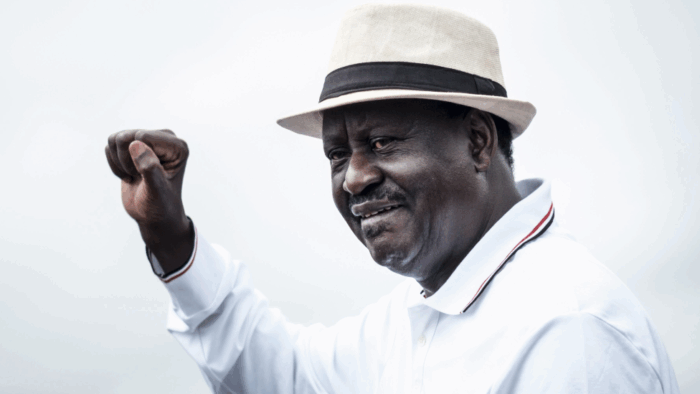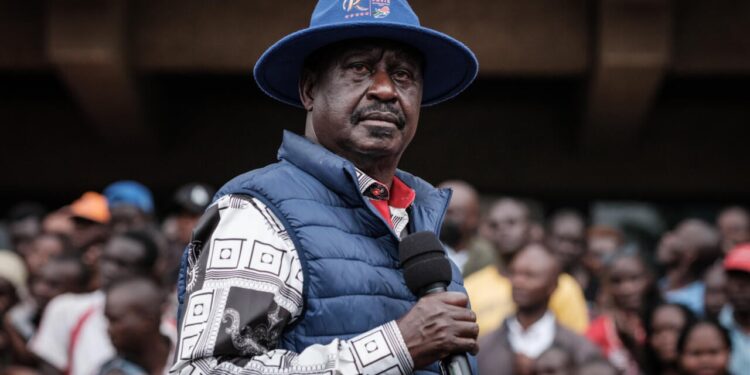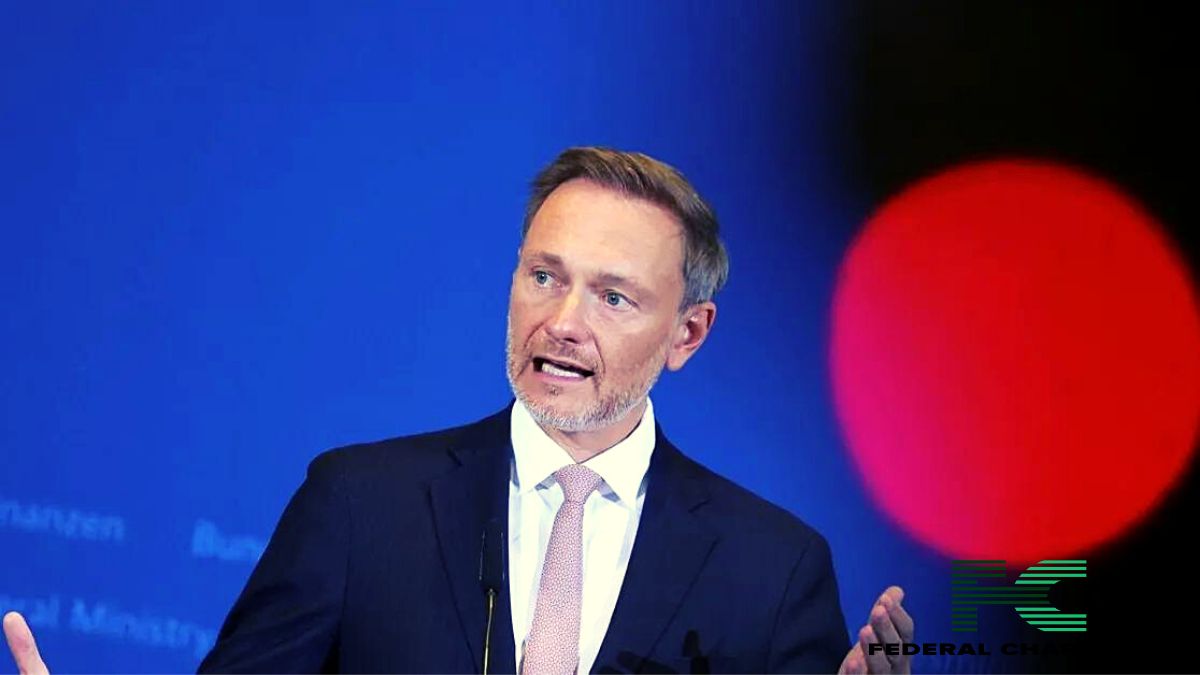The confirmation of the death of Raila Odinga at age 80 from a cardiac arrest in India is a significant event in Kenyan politics. His death marks the abrupt removal of the nation’s perennial, yet paradoxically unifying, opposition figure.
Odinga’s legacy—encapsulated by the affectionate titles of Baba, Agwambo, and Tinga—is a compelling narrative of uncompromising fight for democratic freedoms and a career marred by five unsuccessful, often disputed, presidential bids. His decades-long struggle against one-party dictatorship, enduring detentions to become Kenya’s longest-serving political prisoner, cemented his image as the ultimate champion of the people.
However, his passing forces an urgent, opinionated analysis of the fragile political stability he helped engineer and the profound vacuum his party, the Azimio la Umoja–One Kenya Coalition Party, must now navigate.

Raila Odinga’s Political Career
Raila Odinga’s political journey is a study in calculated brinkmanship. A mass mobiliser with a deep ability to connect with ordinary citizens, he weaponized mass protest and civil disobedience to force constitutional and electoral reform. His rejection of successive election results, culminating in the 2017 Supreme Court annulment of the presidential vote (a landmark ruling globally) demonstrated the legitimacy of his cause.
Yet, his willingness to later enter into power-sharing agreements (the 2008 post-election violence unity government that made him Prime Minister, and the more recent ‘handshake’ with his former rival President William Ruto) attracted justifiable criticism.
This perceived betrayal of the opposition’s crucial principles, transforming the ‘tiger’ of democracy into a ‘power broker,‘ revealed the structural weaknesses in Kenyan democracy that one individual, and not robust institutions, was the primary guarantor of peace.
The violence following the disputed 2007 Kenyan election, which claimed 1,200 lives, remains a permanent scar, highlighting that Odinga’s compromises, however frustrating to purists, were often a grim necessity for national unity and preventing further bloodshed.
His recent, unsuccessful bid for the African Union Commission chairmanship, supported by the Ruto administration, was a frustrating irony that the local political dealmaker failed to secure the continental role, leaving his final ambition unfulfilled and his core base feeling politically exposed.
What Happens Now
The death of Raila Odinga represents a critical inflection point. Without its towering statesman and ultimate rallying figure, the Kenyan opposition risks immediate fragmentation, potentially leading to a chaotic struggle for leadership that could destabilize the nation ahead of the 2027 general election. The government, led by President Ruto, now bears a moral responsibility to ensure a peaceful political transition.

















